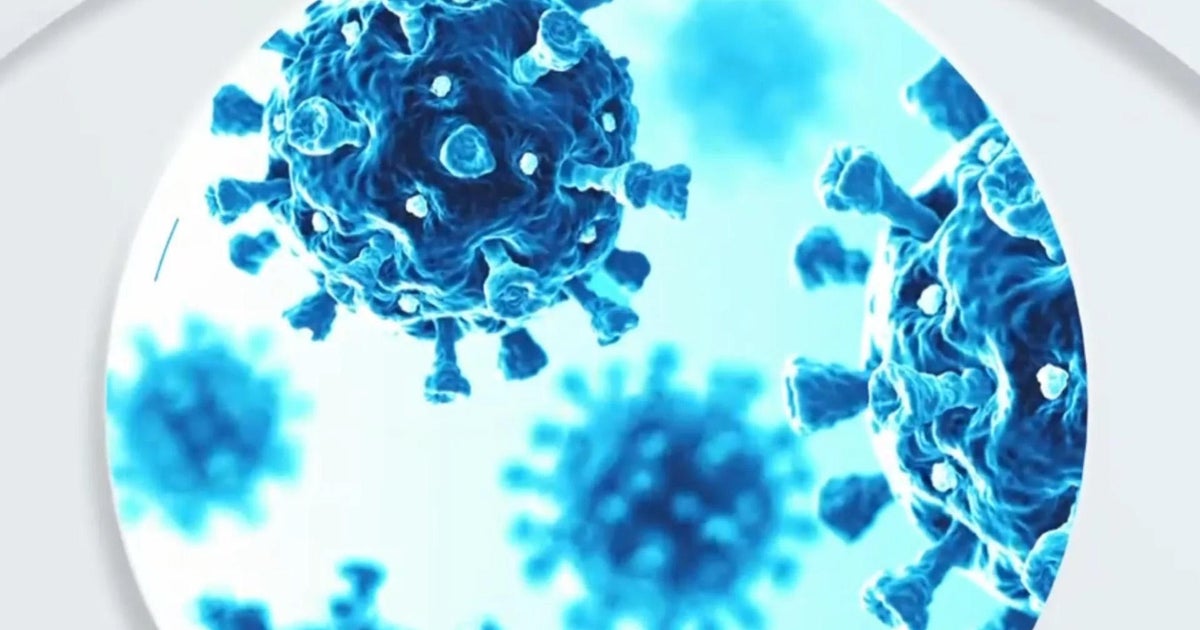Study: Pets Can Infect Humans With Salmonella
NEW YORK (CBS 2) -- A third of all U.S. families have a pet and the threat of a salmonella outbreak linked to two popular brands of dry pet food last week has many on edge.
A study released Monday finds pets can give family members the illness -- even when they show no sign of being sick.
CBS 2's Kirstin Cole has more on how to keep your family safe.
"Bitsy" was being treated for a suspected bout of salmonella, and a new study finds simply feeding your pet can sicken the rest of the family as well, especially children.
"It's not just pet food. We've seen recalls for salmonella with nutritional supplements for pets, food, chew toys like pig ears," said Dr. Ann Hohenhaus of the Animal Medical Center.
The report released in the journal "Pediatrics" found a salmonella outbreak from 2006-08 linked to a variety of recalled dry pet food. In all, 79 people were sickened, half aged 2 and under. Eleven were hospitalized, although there were no fatalities.
"Any food is potentially contaminated with salmonella and that's why kitchen hygiene is so important," Dr. Hohenhaus said.
Many pets show no sign of sickness even though they have been infected with salmonella. And that infection can then be passed on to at-risk family members -- the young, old, pregnant and immuno-compromised.
The best way to prevent salmonella infection is washing your pet bowls every day with lots of soapy hot water and use paper towels to throw away the contaminated material. And don't forget to wash your own hands every time you handle pet food.
"It can be severe in that the organism dehydrates you and has systemic effects and they could wind up in the hospital for a while," said NYU's Dr. Philip Tierno.
Tierno studies infectious diseases, and said food-borne illnesses result in 8,800 American deaths annually. To reduce the risk of getting sick, he said:
* Wash hands after touching pets, their food and bowls.
* Clean bowls and feeding areas daily
* And keep children under 5 away from pet food
And remember...
"We're going to continue to see salmonella contamination in people and pets," Tierno said.
Meaning pet owners need to be vigilantly clean.



